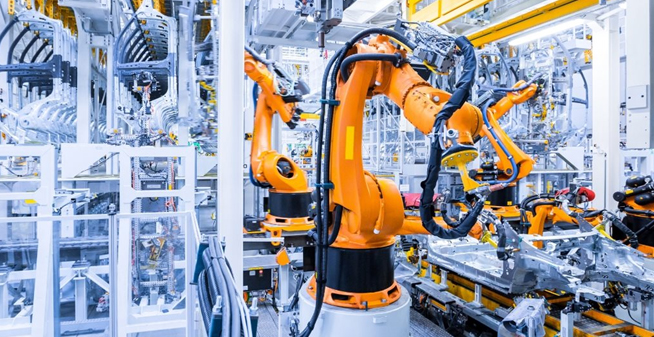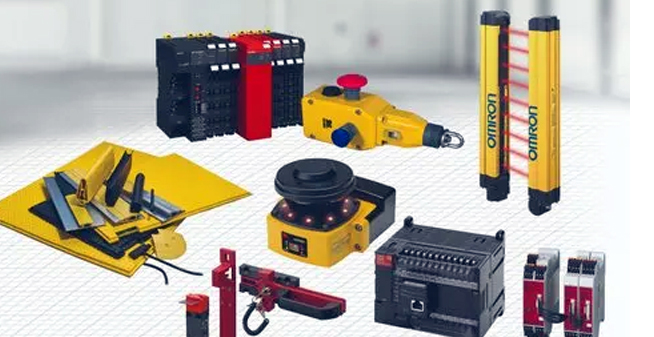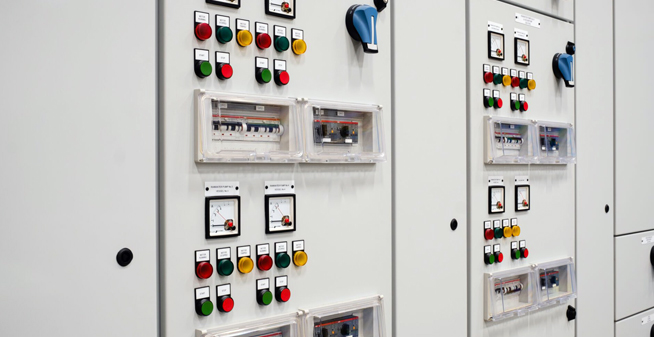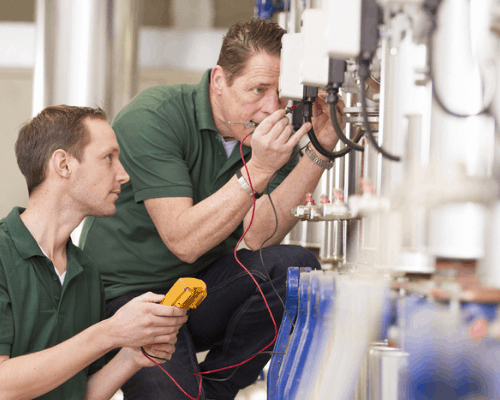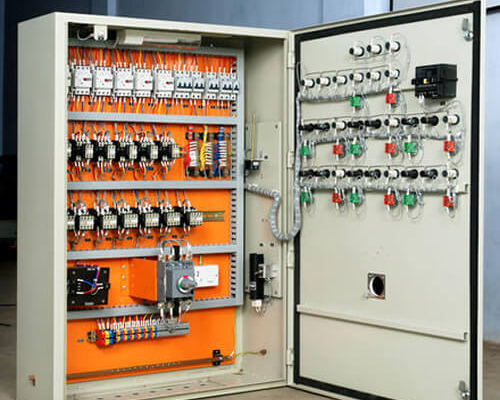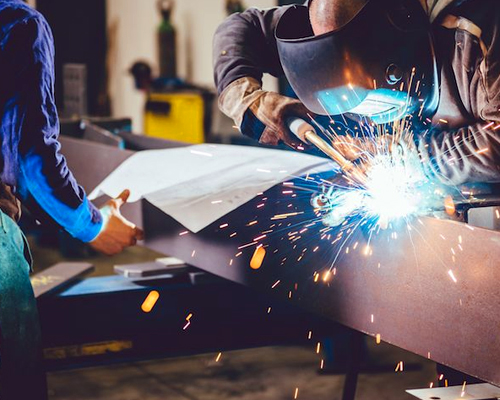Who We Are
Industrial Automation Manufacturers in Chennai
Industrial Automation Manufacturers in Chennai –Firefly Automation is a top and well known Industrial Automation manufacturers and Services in Chennai.
Industrial Automation Manufacturers in Chennai – We “Firefly Automation” is the leading Industrial automation is a transformative technology that plays a vital role in optimizing manufacturing and production processes across various industries. It involves the use of advanced control systems, machinery, and information technologies to execute tasks with minimal human intervention, often with higher precision, efficiency, and safety. This approach to manufacturing an industrial automation and production has reshaped industries, increasing productivity and product quality while reducing operational costs and the risk of human error.
Key Components of Industrial Automation:
Control Systems: Industrial automation relies on sophisticated control systems to monitor and manage various processes. These systems can be simple, like relay logic, or highly complex, involving programmable logic controllers (PLCs), distributed control systems (DCS), or supervisory control and data acquisition (SCADA) systems.
Sensors and Actuators: Sensors are essential components that collect data about the physical world, such as temperature, pressure, flow, and more. Actuators, on the other hand, enable control over physical processes by initiating actions based on data from sensors.
Robotics: Industrial robots are a crucial aspect of automation, as they can perform a wide range of tasks with precision, speed, and reliability. They are often used in tasks like welding, assembly, material handling, and even inspection.
Benefits of Industrial Automation:
Increased Efficiency: Automation reduces the time required to complete tasks, leading to improved productivity and shorter production cycles.
Enhanced Quality: Automation can consistently perform tasks with high precision, reducing defects and errors, resulting in higher product quality.
Cost Reduction: By minimizing manual labor and reducing waste, industrial automation often leads to lower operational costs and higher profitability.
Safety: Dangerous or repetitive tasks can be automated, improving workplace safety by reducing the risk of accidents and exposure to hazardous conditions.
Flexibility: Automation systems can be adapted and reprogrammed to handle different tasks, allowing manufacturers to respond quickly to changing market demands.
Data Collection and Analysis: Automation systems provide real-time data that can be analyzed to optimize processes, predict maintenance needs, and improve decision-making.
For More Visit Our maps
Services
Providing the Top
Quality Services
Repair & Service
Repair & Service
We Provide Best Quality Service for our customers.
Read More
Panel Builders
Panel Builders
We Provide Best Quality Service for our customers.
Read More
Fabrication
Fabrication
We Provide Best Quality Service for our customers.
Read More
FAQ’s
What are the 4 types of industrial automation?
There are four types of automation systems: fixed automation, programmable automation, flexible automation and integrated automation. Let’s take a look at each type and their differences and advantages.
What is an example of industrial automation?
Industrial automation can improve quality, productivity, and safety in warehouses, factories, industrial manufacturing, and other processes. Industrial automation examples include: Warehouse automation. Material handling and packaging.
What are industrial automation basic concepts?
Industrial automation is the use of control systems and sophisticated equipment in a production environment. This includes robots, various sensors, and computers; performing tasks that were previously done manually.
What are the 3 levels of industrial automation process?
Level 0 is a sensor and actuator that directly interact with the process of the machine. Level 1 is an automatic control and Level 2 is a supervisory control. Level 3 production control which is responsible for maintenance, production, quality, inventory, etc.
What is L1 L2 and L3 in automation?
L1 – Ticket Generation and Monitoring of services. L2 – Access related issues, this is team who will act on all ticket. This team will route tickets to respective team. L3 – This team will act on tickets like fixing issue (bug fixes, SQL fixes, etc).
What is industrial automation in manufacturing?
Industrial automation is the use of technologies such as computer software and robotics to control machinery and processes which replace human beings in performing specific functions. The functions are primarily centered on manufacturing, quality control and material handling processes.



